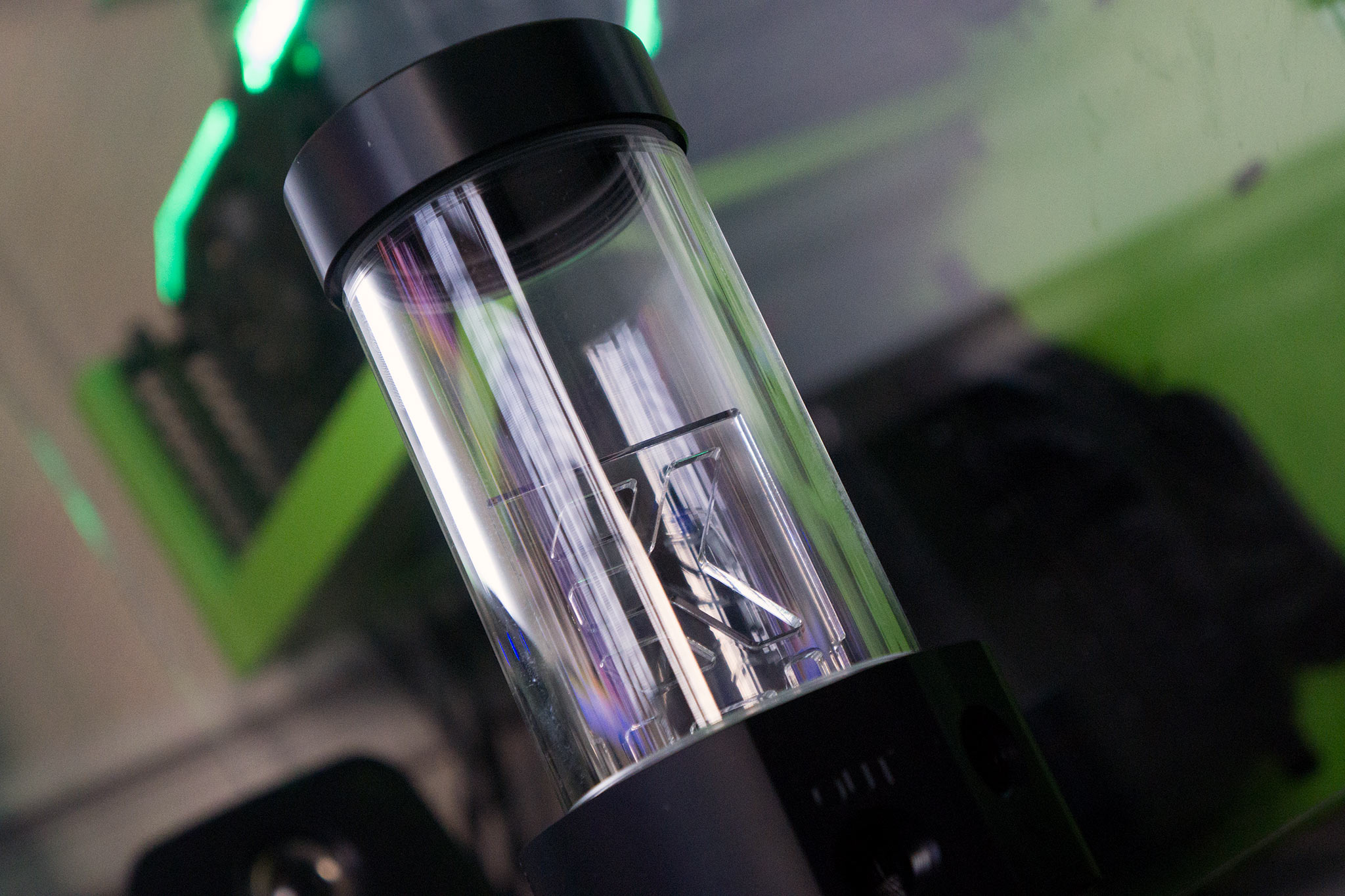Chime in: When should you replace a PC instead of upgrading it?
When should you upgrade a PC instead of buying a new one?

All the latest news, reviews, and guides for Windows and Xbox diehards.
You are now subscribed
Your newsletter sign-up was successful
The world of PC building is an expansive one, allowing you to pull apart your rig, remove or add a component or a few of them, and then put everything back together and enjoy a more powerful computing experience. But when should you upgrade? And when should you buy a whole new PC instead?
Windows Central community member "pbilk" started a thread on our forum asking that question, noting that he is looking to do something with an aging PC from around 2012.
I am debating on replacing my aging desktop (I got it around 2012ish) but I am not sure if I should invest in another desktop powerhouse or to upgrade it or invest in a powerful portable device like a high spec Surface Book. Portability might be needed in the future for me and with an option to connect to monitors. I need to use Adobe applications like Photoshop, Illustrator, Lightroom. I do...
pbilk
Depending on just how old your PC is, it's generally a good idea to upgrade the CPU if possible, which could require a new motherboard, which in turn may lead to the need for new RAM. Components like a solid-state drive (SSD), GPU, power supply unit (PSU), and other cards do not necessarily need to be replaced unless there are significant performance gains to be made and you absolutely need to do so.
That said, if you're looking to replace everything, like in pbilk's case, you'll want to analyze a new PC build versus purchasing a pre-built system. What are your thoughts on upgrading compared to purchasing a new system? When does upgrading make sense? And when doesn't it?
From the forum: Replace or Upgrade my aging desktop?
All the latest news, reviews, and guides for Windows and Xbox diehards.

Rich Edmonds was formerly a Senior Editor of PC hardware at Windows Central, covering everything related to PC components and NAS. He's been involved in technology for more than a decade and knows a thing or two about the magic inside a PC chassis. You can follow him on Twitter at @RichEdmonds.
